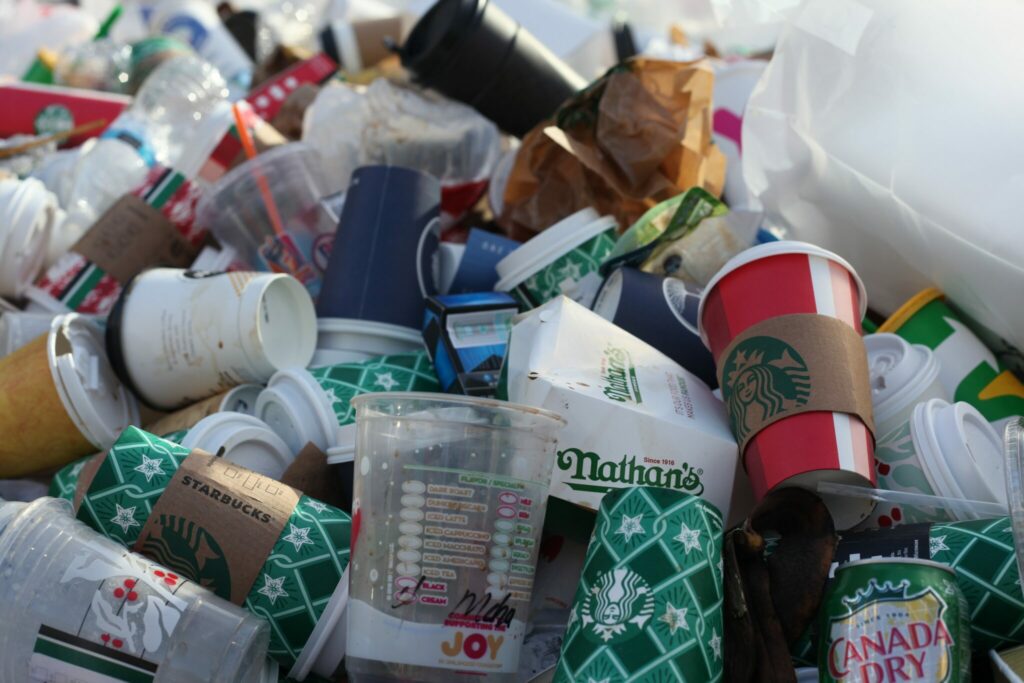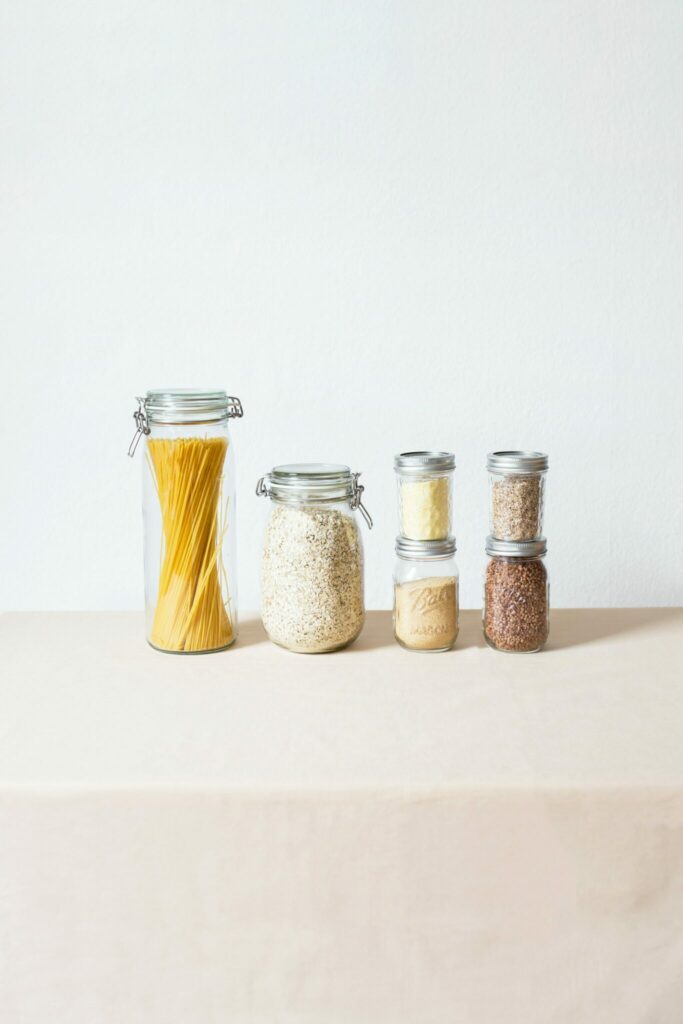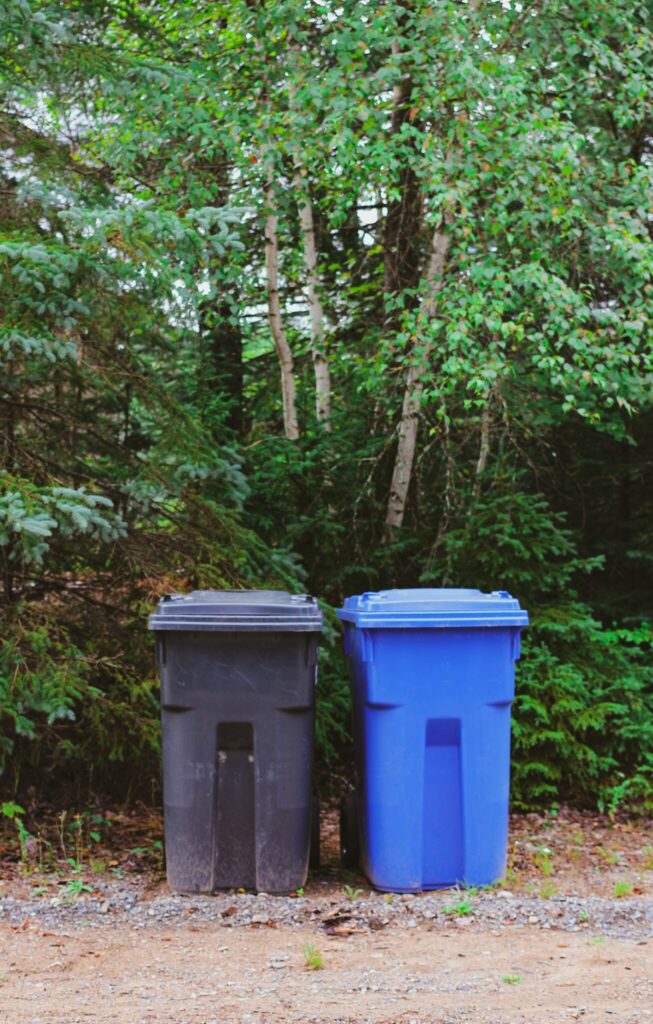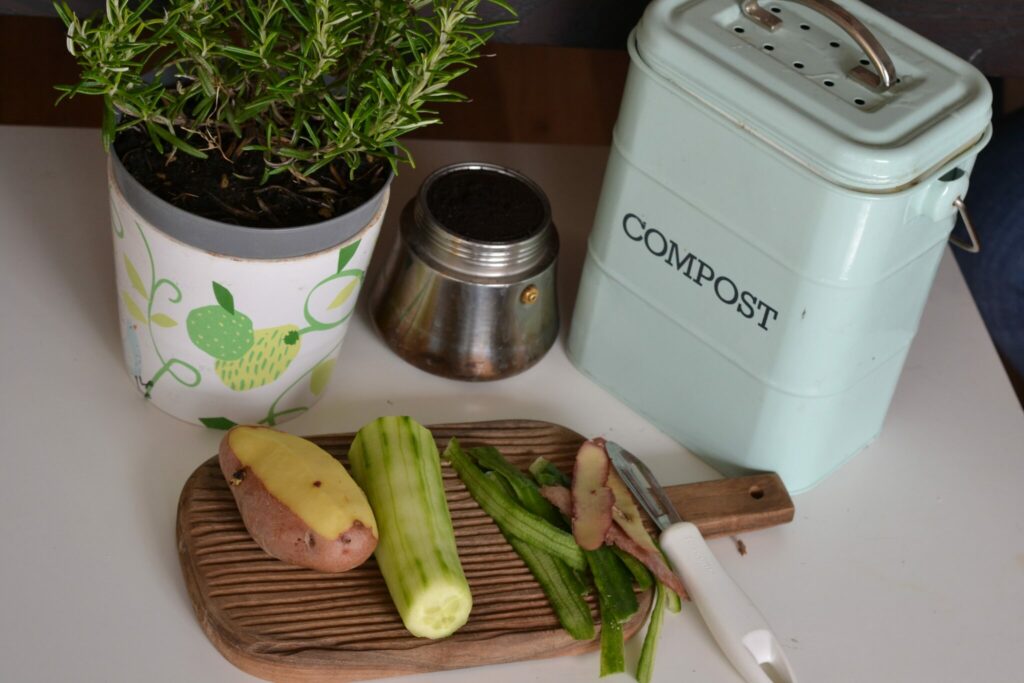The Five R’s: Practical keys to waste reduction!

Have you ever heard of the three R’s? Reduce, reuse, and recycle! We like to refer to the five R’s: refuse, reduce, reuse, recycle, and rot. We have seen a lot of benefits from applying the five R’s in our family, and as you learn and apply the ideas from these posts, we know you will, too! Read on to learn more about each of the five R’s and how they can help you to reduce waste.

- Refuse
Reduce waste by saying “no” to items you do not need. Refuse unnecessary, single-use and low-quality items. Lighten your load! Think junk mail, trinkets, plastic utensils and straws, etc. Less to take care of = more time, energy, and resources to spend elsewhere!

2. Reduce
Reduce waste by being mindful of and balancing what you need and want. Instead of making impulse purchases, try giving it a week or two before proceeding. If you do decide to buy something, consider the quality of the item (we like the Homemaker Chic Podcast’s catch phrase of “better, not more”). It is also wise to think through how you might steward the item, whether or not you can rent or borrow it from someone else instead, etc. Also in this category would be actions like purchasing in bulk (to reduce packaging and shipping waste) and carpooling (to reduce gas consumed and air pollution).

3. Reuse
Reduce waste by reusing what you have before buying new. Take good care of what you currently have, and think outside of the box when a need arises. Perhaps you can reuse that empty spaghetti sauce container to store tonight’s leftover soup. Maybe your old t-shirts can be cut up and used as cleaning cloths instead of getting thrown in the trash. Repairing fits into this category (think: clothing, furniture, technology, etc.). Perhaps you can buy a replacement for that one piece instead of throwing the whole thing out.

4. Recycle
Reduce waste by sorting out and recycling items instead of throwing them in with household trash. Recycle is low down on this list because it is not a perfect system. Even with the best of intentions, much of what Americans try to recycle gets trashed due to the items being soiled, wet, or mixed with non-recyclable items. Furthermore, what does make it through often overwhelms the industry. We recycle at our house, but our first line of defense is minimizing consumption in general.
- For further learning about recycling, check out: the EPA’s website for resources and frequently asked questions, these blog posts from Going Zero Waste on where and how to recycle various categories of items, and Bea Johnson’s book Zero Waste Home.
- **Remember to separate hazardous waste (like electronics, lightbulbs, and batteries) so that it is not thrown in with recycling OR trash. Drop these items off at approved locations.

5. Rot
Reduce waste by composting food scraps, plants, and other organic matter. A quick Google search will provide lots of information on the how, where, and why of composting. Just know that you do not have to live on a farm or have a big yard or garden in order to successfully compost.
Interested in learning more? Check out our other posts on our Waste Reduction page!
Already a pro at the five R’s? Comment below to share your experience and tips with our community!
Yours truly,
Erica Barlow
Erica Barlow


 My Non-Toxic and Effective Oral Care Routine
My Non-Toxic and Effective Oral Care Routine